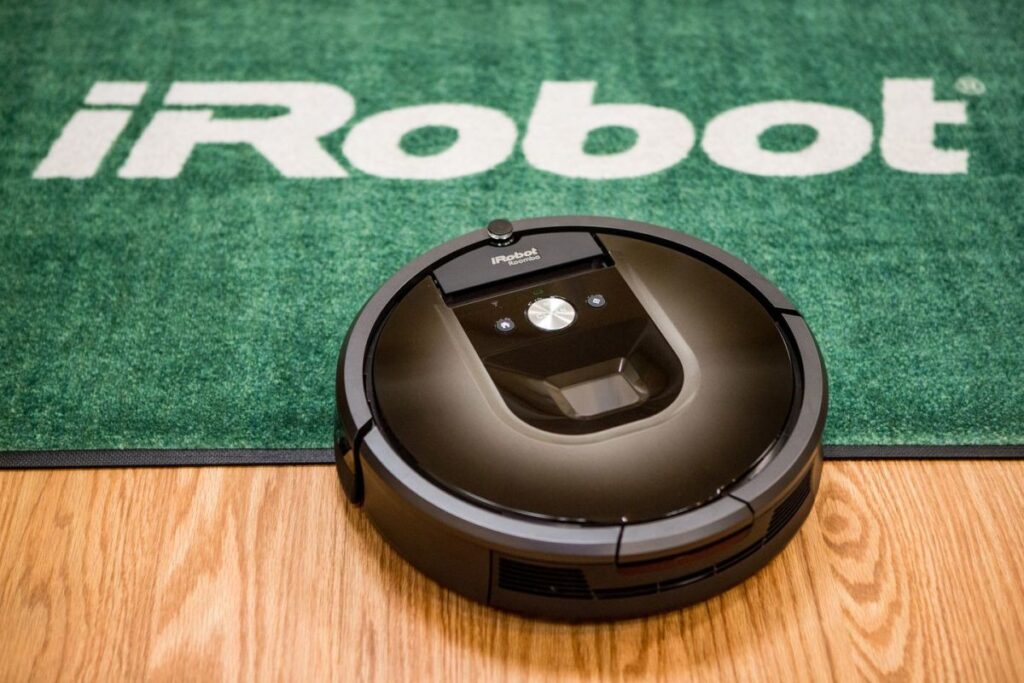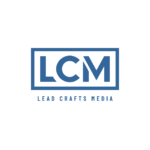Amazon has officially completed its acquisition of iRobot, the company behind the iconic Roomba robotic vacuum, in a deal worth approximately $1.7 billion. The acquisition marks a significant step in Amazon’s strategic push into the smart home technology space, where it aims to integrate iRobot’s advanced robotics with its existing suite of products and services, such as Alexa and Amazon Web Services (AWS).
This deal, which has been in the works since 2022, received regulatory approval despite scrutiny over data privacy concerns and potential anti-competitive practices. With the acquisition finalized, Amazon plans to leverage iRobot’s innovations to deepen its presence in the rapidly growing smart home market, focusing on creating seamless, interconnected devices that enhance convenience, automation, and overall user experience.
The Integration of iRobot into Amazon’s Smart Home Ecosystem
Amazon’s interest in iRobot goes beyond just robotic vacuums. iRobot’s Roomba devices have long been considered a benchmark in home automation, capable of cleaning homes autonomously and using advanced mapping technologies to navigate complex floor plans. By integrating Roomba’s technology with Amazon’s ecosystem, particularly Alexa, Amazon envisions a future where voice commands, automation routines, and AI-driven home management systems become a reality.
For example, users could soon instruct their Roomba to clean specific rooms via voice command, have it coordinate with other smart home devices like lights and thermostats, and even use its mapping capabilities to improve home security features. Roomba’s advanced sensors and machine learning algorithms could be integrated into Amazon’s Ring security products, providing enhanced monitoring of household spaces.
Amazon has also indicated that iRobot’s product line could benefit from AWS’s cloud infrastructure, further enhancing the robot’s processing capabilities and enabling more sophisticated machine learning models. This synergy could open up possibilities for new features, such as more efficient room mapping, improved battery management, and smarter navigation for Roomba devices.
Addressing Data Privacy Concerns
One of the primary challenges Amazon faces with the acquisition of iRobot is addressing growing concerns over data privacy. As Roomba devices map out homes in great detail, collecting information on room sizes, furniture placement, and even the movement of inhabitants, there is significant concern about how Amazon will handle this data, especially given its dominance in the smart home industry.
Consumer advocacy groups and regulators have raised questions about whether this data will be used solely for product improvement or if it could be integrated into Amazon’s broader advertising and consumer behavior tracking strategies. Amazon has responded by emphasizing its commitment to user privacy, stating that it will comply with all relevant data protection regulations and that users will retain control over their personal data.
Nevertheless, the combination of iRobot’s in-depth home mapping technology with Amazon’s extensive customer data has fueled debates about the power large tech companies hold over consumers’ private information. Privacy advocates are calling for greater transparency on how Amazon intends to handle the data gathered from iRobot products and whether additional safeguards will be implemented.
Competition and Market Growth
The acquisition of iRobot also positions Amazon more competitively against other tech giants in the smart home sector, such as Google and Apple. While Google has invested heavily in smart home technology through its Nest brand and Apple continues to enhance its HomeKit ecosystem, Amazon’s purchase of iRobot gives it a unique advantage with cutting-edge robotics and automation technologies.
The global smart home market is projected to reach over $200 billion by 2026, with products such as smart speakers, cameras, and connected appliances becoming increasingly common. Amazon’s acquisition of iRobot allows it to diversify its product offerings, particularly as demand for home automation and autonomous devices continues to rise. Roomba’s established brand and widespread consumer recognition will likely help Amazon maintain a strong foothold in this competitive market.
Future Prospects for Smart Home Innovation
With the acquisition now complete, Amazon is expected to make significant investments in research and development, with the goal of creating more advanced, interconnected devices that simplify household tasks and improve the overall user experience. Industry analysts predict that this move will lead to further innovations in autonomous home devices, with potential future applications beyond cleaning, such as smart lawn care, home security drones, or even AI-powered personal assistants capable of handling multiple tasks around the house.
As Amazon continues to push the boundaries of what smart home technology can achieve, the combination of iRobot’s hardware expertise and Amazon’s software and AI capabilities could pave the way for a more automated, intelligent home environment.
The completion of this acquisition marks a new era for Amazon in its quest to dominate the smart home market, and it will be fascinating to see how this partnership evolves in the coming years.


